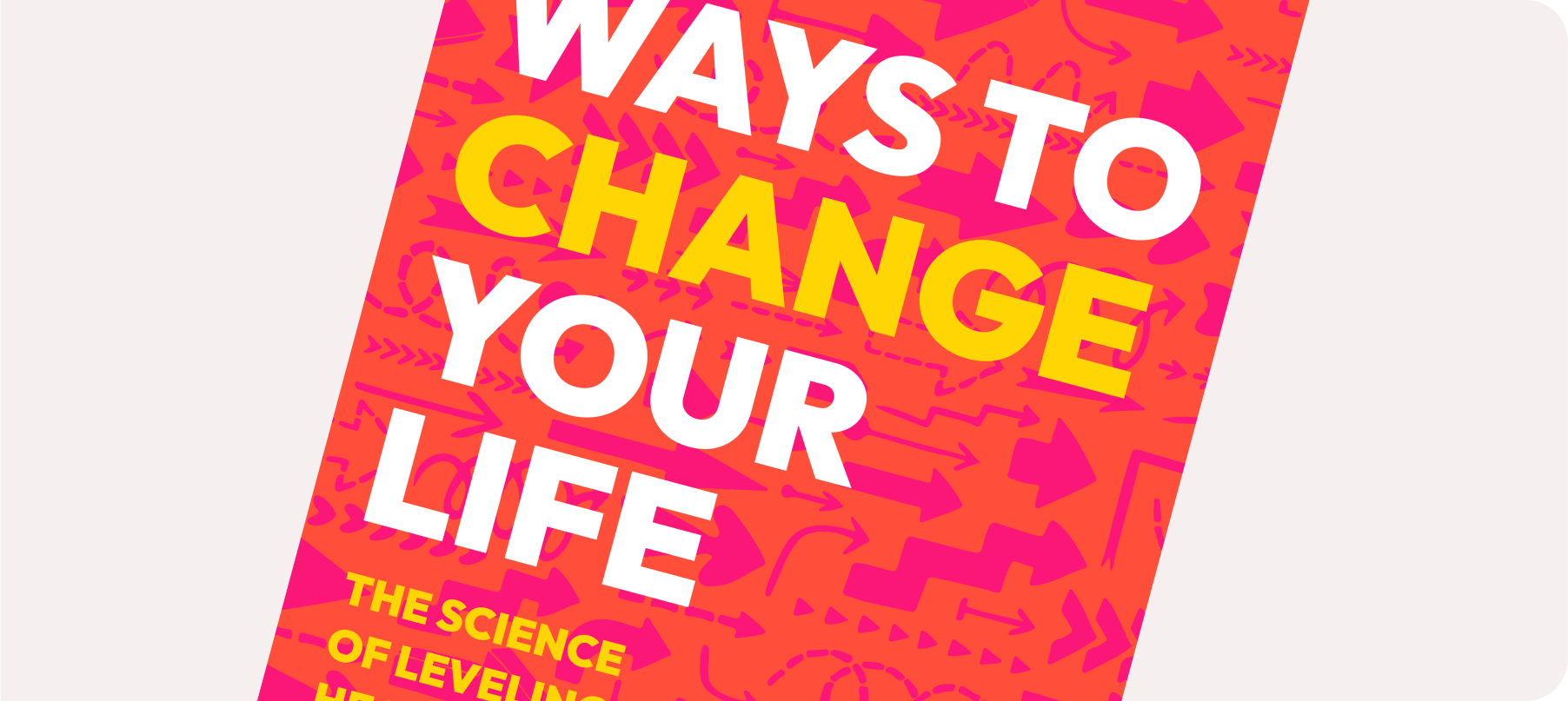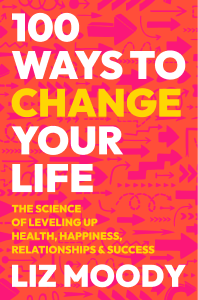In this episode of the Liz Moody podcast, host Liz Moody dives into your highly requested topic of phone addiction. Drawing from scientific research and personal experience, Liz explains the negative impacts of phone overuse, like cognitive overload and dopamine desensitization. She shares 5 actionable tips to break free from phone addiction to improve your overall well-being and productivity.
- 00:00 Welcome to the Liz Moody Podcast
- 00:43 Negative Impacts of Your Phone
- 01:30 The Science Behind Phone Addiction
- 03:32 The 23-Minute Rule
- 05:26 Life is Meh Syndrome
- 07:01 Practical Tips to Combat Phone Addiction
- 10:33 Creating Physical Barriers
- 13:40 The ‘What Do I Really Need’ Menu
- 19:08 Final Thoughts
Ready to uplevel every part of your life? Order Liz’s new book 100 Ways to Change Your Life: The Science of Leveling Up Health, Happiness, Relationships & Success now!
To join The Liz Moody Podcast Club Facebook group, go to www.facebook.com/groups/thelizmoodypodcast.
Connect with Liz on Instagram @lizmoody, or subscribe to her newsletter by visiting www.lizmoody.com.
If you like this episode, check out How To Hack Your Dopamine To Stop Reaching For Your Phone & Experience More Pleasure In Everyday Life with Dr. Anna Lembke & The Novelty Rule: How To Use My Neuroscience Hack That’s Changing Millions Of Lives
This episode is sponsored by:
Himalaya: go to himalayausa.com and use code LIZMOODY for 20% off all Himalaya supplements at checkout.
Seed: go to seed.com/lizmoody and use code LIZMOODY for 25% off your first month.
The Liz Moody Podcast cover art by Zack. The Liz Moody Podcast music by Alex Ruimy.
Formerly the Healthier Together Podcast.
This podcast and website represents the opinions of Liz Moody and her guests to the show. The content here should not be taken as medical advice. The content here is for information purposes only, and because each person is so unique, please consult your healthcare professional for any medical questions.
The Liz Moody Podcast Episode 265.









Leave a Reply